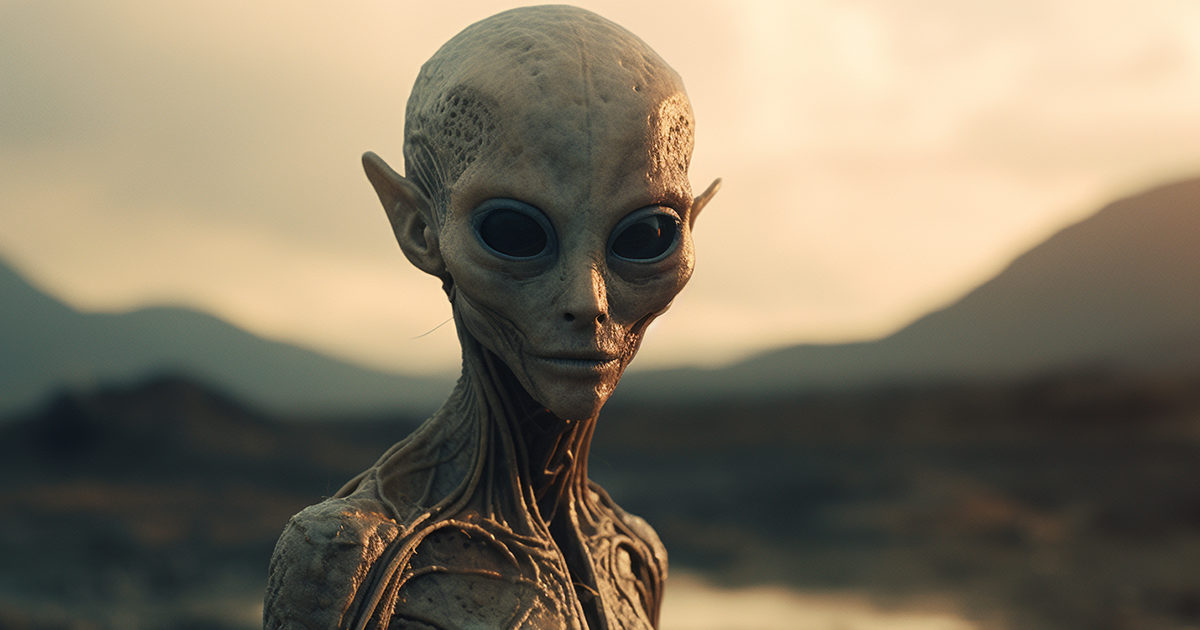Throughout the ages, human civilization has gazed into the vast expanse of the cosmos, pondering the possibility of engaging with intelligent beings beyond our celestial abode. The prospect of meeting extraterrestrial life forms, with their diverse shapes and advanced technologies, has ignited our imaginations, giving rise to a plethora of science fiction narratives and fueling our inquisitiveness about the realms lying beyond Earth.
Amidst our musings on alien civilizations, lies a concept even more captivating: chancing upon fellow Earth dwellers on a foreign celestial body. Unlike stumbling upon alien entities, discovering other humans amidst the cosmic tapestry is a notion for which many are ill-equipped to mentally brace.
Picture the aftermath of such a disclosure. The appearance of humans on a separate planet would upend our conceptions of the cosmos and our place within it in profound manners. It would push us to confront profound inquiries that delve into the core of our identity as a species: What led them to that distant realm? What narratives form the backdrop of their presence? Do they bear resemblance to us, or has their evolutionary path taken a radically different course?

The emotional resonance of this revelation cannot be overstated. While the thought of encountering extraterrestrial life may stir excitement or unease, the idea of stumbling upon humans in a remote cosmic locale elicits sensations of unease and dissonance. It challenges our convictions about the exceptionalism of our kind and the scarcity of intelligent beings in the universe.
Furthermore, detecting humans on an alien planet would trigger disquieting ponderings about our own fate. Would we regard them as long-lost kin, connected by a shared genesis but separated by vast cosmic gulfs? Or would we view them as adversaries, vying for resources and space in an interspatial arena?
In grappling with these ambiguities, we are compelled to confront the fragility of our being and the unpredictability of our status in the universe. The unearthing of humans on a different celestial body acts as a stark reminder of the boundless opportunities and unforeseen challenges that await as we journey deeper into the cosmic expanses.
In the end, whether we chance upon aliens or humans in our cosmic odyssey, one certainty endures: the universe is extraordinarily bizarre and magnificent beyond the confines of our imagination. It is through embracing the unfamiliar, be it in the guise of extraterrestrial societies or distant human colonies, that we glean the marvels of existence and our place amidst its grand tapestry.
